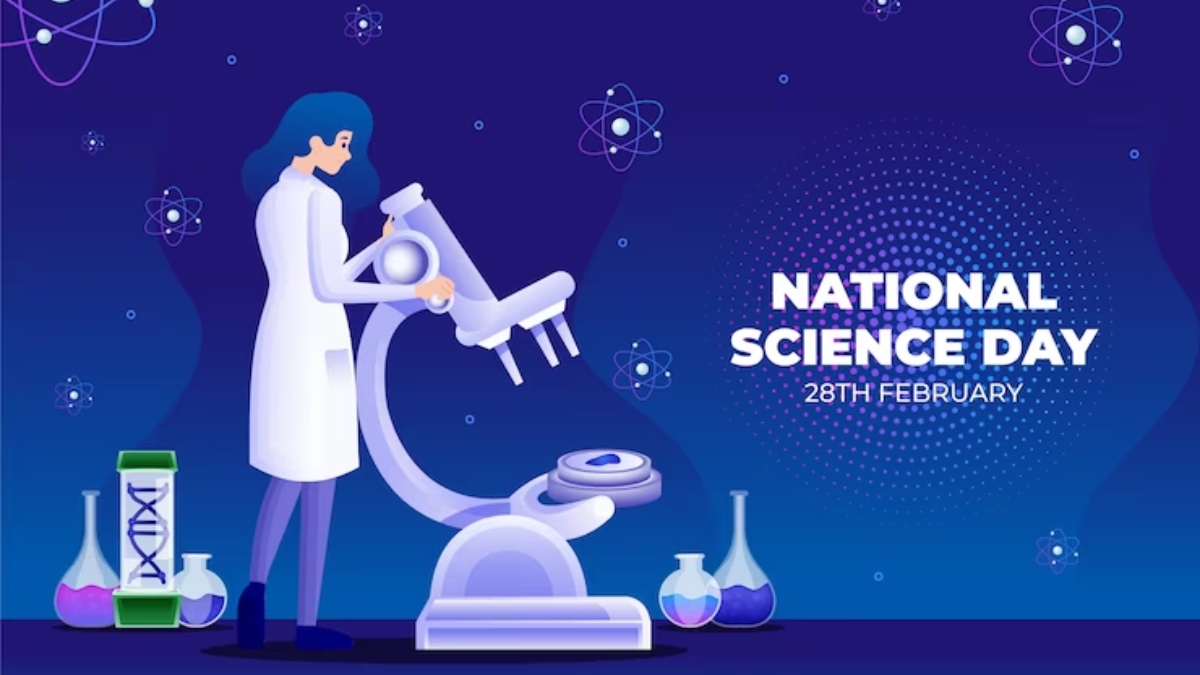News Highlight
National Science Day 2023: The Raman Effect, for which CV Raman was awarded the Nobel Prize.
Key Takeaway
- In 1986, Under then Prime Minister Rajiv Gandhi, The Government of India named February 28 National Science Day to celebrate the discovery of the “Raman Effect”.
- The topic of this year’s event is “Global Science for Global Wellness,” in honour of India’s G20 leadership.
National Science Day 2023
- About
- The country observes National Science Day to commemorate the Raman Effect’s discovery.
- Additionally, Raman discovered the Raman Effect on February 28, 1928, and got Nobel Prize in 1930.
- The National Council for Science and Technology suggested February 28 as National Science Day in 1986.
- Furthermore, the Indian government accepted the suggestion.
- Theme
- “Global Science for Global well being”
- Objectives
- National Science Day is observed to raise awareness of the importance of science in everyday life.
- The significance of science and achievements in the field are discussed.
- Furthermore, novel technologies are being introduced.
The Raman Effect
- About
- CV Raman, a physicist, was awarded the Nobel Prize in 1930 for discovering Raman Effect.
- In addition, it describes the inelastic scattering of light by materials, which causes a shift in the frequency of the scattered light.
- In layman’s terms, it is a change in the wavelength of light caused by molecules deflecting a light beam.
- Furthermore, the Raman effect provides the foundation for Raman spectroscopy.
- Chemists and physicists utilise it to learn about materials.
- Furthermore, spectroscopy studies the interaction between matter and electromagnetic radiation.
Major Contribution of India in the Field of Science
- Mathematics
- India contributed important contributions to mathematics, such as;
- The concept of zero
- The decimal system
- Algebra
- Trigonometry
- In addition, Indian mathematicians such as Aryabhata, Brahmagupta, and Ramanujan were pioneers.
- India contributed important contributions to mathematics, such as;
- Medicine
- Ayurveda, the traditional system of medicine in India, is one of the oldest medical systems in the world.
- Furthermore, the Charaka Samhita and the Sushruta Samhita are ancient Indian manuscripts that thoroughly describe numerous medical ailments and therapies.
- Technology
- India has a lengthy history of technological advancement, including advances in;
- Metallurgy
- Shipbuilding
- Textile manufacturing
- Mohenjo-Daro, an ancient city in the Indus Valley Civilization that thrived about 4,500 years ago, featured a sophisticated sewage and drainage system.
- India has a lengthy history of technological advancement, including advances in;
- Space Exploration
- In recent years, India has made considerable strides in space exploration.
- It includes the successful Mars Orbiter Mission launch in 2014 and the Chandrayaan mission.
- In addition, India’s first human space mission, Gaganyaan, is scheduled to launch in 2024.
- Astronomy
- Aryabhatta, an ancient Indian astronomer, made significant contributions to the study of astronomy, including;
- Determining the circumference of the Earth.
- Discovering the lunar nodes.
- Developing the heliocentric model of the solar system.
- The Jyotisa Vedanga is the first Vedic work to mention astronomical data.
- Furthermore, it describes events stretching back as far as 4000 BCE.
- Aryabhatta, an ancient Indian astronomer, made significant contributions to the study of astronomy, including;
Pic Courtesy: India TV News
Content Source: Indian Express



